By Scott Morgan
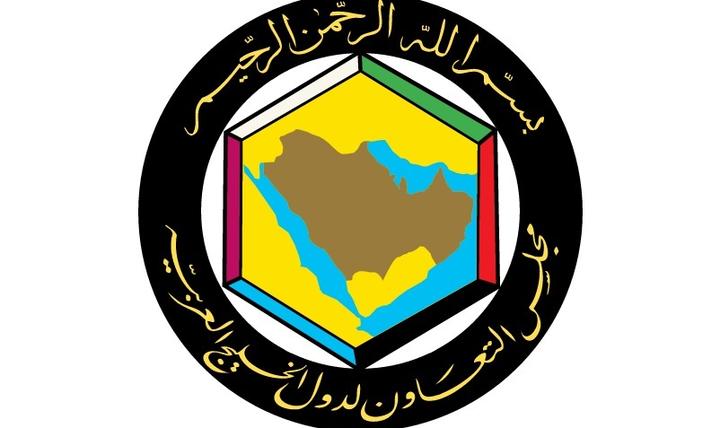 The Gulf Coordination Council and its member states (Bahrain, Kuwait, Oman, Qatar, Saudi Arabia and the United Arab Emirates) are expanding into Africa as a strategy to promote their goals from a geopolitical point of view. The two paths that have been chosen by the group will be assessed in this paper on a strategic and practical basis. So what inspired the GCC states to take the action of seeking to conduct more muscular foreign policies aimed at fending off transnational security threats?
The Gulf Coordination Council and its member states (Bahrain, Kuwait, Oman, Qatar, Saudi Arabia and the United Arab Emirates) are expanding into Africa as a strategy to promote their goals from a geopolitical point of view. The two paths that have been chosen by the group will be assessed in this paper on a strategic and practical basis. So what inspired the GCC states to take the action of seeking to conduct more muscular foreign policies aimed at fending off transnational security threats?
The GCC states are seeking to conduct more assertive foreign policies to counter Russia and Iran’s increasingly assertive conduct within several states in the Middle East and to fend off current transnational security threats. From the rise of Boko Haram in Nigeria to Daesh in Libya and al-Qaeda offshoots across the Sahel, the leaders of Saudi Arabia, the UAE, and other Arab Gulf states recognize that across Africa’s Muslim-majority countries a host of violent and extremist Islamic groups pose a dire threat to Arabian Peninsula security and GCC interests in Africa.
Over the last few years Russia has demonstrated renewed interest in Africa as highlighted by Moscow’s energy deals and arms sales across the continent. Just as the U.S. and France have increased military activities in various hotspots such as Mali and Nigeria over recent years. The latest entity to engage in the strategic scramble for Africa and its resources is the GCC. These oil-rich states are not just spreading copious amounts of cash. Some are also beginning to open military bases.
Containment of the Conflict in Yemen
The GCC’s Yemen campaign has been a major factor in expanding its reach into Africa. The two states most heavily involved in the Riyadh-led coalition – Saudi Arabia itself and the United Arab Emirates (UAE) – have revealed plans to establish bases both in the Horn of Africa and near the Red Sea.[1], [2] What would motivate officials in Riyadh and Abu Dhabi to make these moves? It has been no secret that the UAE in particular Dubai has presented itself as a point of ingress into East Africa for the GCC as a whole.
On more than one occasion, the Houthis have proven adept at attacking southern Saudi Arabia, thereby increasing the possibility of the conflict spreading beyond Yemen’s borders.[3] Furthermore, both countries want to ensure that the crucial Bab-Al-Mandab straits, through which at least three percent of the world’s oil transits on a daily basis, remain open. The recent cut in production by OPEC further heightens the Saudis’ financial interest in the security of this vital passage in the global economy.
The fighting in Yemen has also been a catalyst for some of the Arab Gulf states such as Qatar to lobby the Obama administration to ease sanctions against Sudan. In February 2017 President Bashir of Sudan was in Abu Dhabi at the large International IDEX Arms Show as a guest of the UAE as well.[4] This is part of an effort by the Sudanese Government to improve its international image despite its poor Human Rights record.[5] The country is also providing key assistance in logistics and providing a Battalion of troops for the Saudi-led efforts to restore stability in Yemen. To reward the role of the Sudanese Armed Forces in Yemen the small arms industry within Sudan garnered some exposure at the IDEX Show as well due to its support of the Yemeni Campaign.[6] It should be noted as well that the Trump Administration has until July 2017 to determine whether the sanctions regime snaps back into place or is removed permanently by the Trump Administration.[7]
Piracy has been an issue in the region following the collapse of a functioning centralized government in somalia. The UAE has established a military installation in the Somaliland region, which has been clamoring for acceptance as a functional independent state.[8] Not only is a foothold in the region important for combating piracy, but it can also provide a source of revenue for locals to hedge against the struggling authorities in Mogadishu as they attempt to institute a functioning Government. In February 2017, Abdullahi Mohamed Farmajo assumed the Office of President of Somalia. He has also made a visit to Saudi Arabia already seeking humanitarian assistance and drought relief for the long suffering country.[9]
An ambitious actor recently at odds with the UAE on some international issues is Turkey. Despite the failed coup attempt on July 15, as well as Turkey’s worsening conflicts with Kurdish factions and Arab neighbors and the recent string of Islamic State attacks in Istanbul and other parts of the country, officials in Ankara have managed nonetheless to pursue an increasingly expansionist foreign policy.
Turkey has opened military installations in both Qatar and Somalia in recent years.[10] Turkey has been expanding its presence in the Horn of Africa as well with investments in the Railroad Sector[11] in Tanzania which builds off of their nation building efforts in Somalia. The relationship between Ankara and Mogadishu should come to no surprise to any serious analyst as both countries were founders of the Organization of the Islamic Conference back in 1961. This has been a relationship that Turkey has reestablished over the last few years and is considered to be a factor in the current stability of Somalia.
It was also during this trip that President Recep Erdogan also visited the Island Nation of Madagascar. One of the goals was to establish bilateral relations between these two nations. Could this be an attempt to negate the growing UAE relationship with Mozambique? Mozambique is a key spot in the emerging natural gas race around the world. The Mozambique Channel is another area of concern regarding piracy as well. Could events and economic assets possibly this turn region into an area of confrontation between the UAE and Turkey?
Turkey and the UAE have set up competing bases in Libya as well. Abu Dhabi has also established a base in eastern Libya near the city of Marj, in the heart of Libya’s petroleum industry, an area that has resisted efforts to join the western-backed and internationally recognized Government of National Accord.[12] The UAE’s encroachment is in direct opposition to the efforts of the UN and others to restore a functioning government in Tripoli, and can only be seen as an effort by Abu Dhabi to back its interest in the region. The UAE has been able to recruit one major ally in this effort– Egypt. The country has had some issues in recent months with Saudi Arabia over several issues including a couple of islands in the Gulf of Aqaba. Due to some economic issues in recent years the GCC has provided funding to Egypt including large amounts of cash from Kuwait[13]and until recently the Saudis have provided oil subsidies to the country as well[14]From these actions we can gather Egypt plays a prominent role in any decision made by any individual council member.
This scenario playing out in North Africa is a highly dangerous one with Libya being the scene of a proxy war that has divided Washington’s allies.[15] On one side are Turkey and Qatar, which have supported the authorities in Tripoli and, according to some of their critics, have also supported Islamic State.[16], [17] The UAE and Egypt, on the other hand, have supported the secular-leaning administration in Tobruk, led by Libyans clamoring for a chance to rule the country since Gaddafi’s overthrow in 2011. The different factions within Libya at one point were able to negotiate a power-sharing deal, which, on paper, created the Government of National Accord, but, in practice, has not proven to be highly successful due to tribal Politics and the actions of aggressors from outside the country. The deal is in danger of collapse in the view of most analysts.[18]
Humanitarian and Economic Interests
The GCC and its member states have an expanded footprint on the continent for humanitarian and economic reasons as well. The UAE dispatched 100 tons of relief supplies to Uganda to support those fleeing the fighting in South Sudan last fall.[19] One can almost expect an increased UAE interest in the internal affairs of South Sudan after the delivery of this aid. In 2015, the UAE also announced plans to build a Free Trade Zone in the Country.[20] There is some interest in Uganda among the Population seeking a better life. In February 2017 reports suggested that over 65,000 Ugandans were working in various jobs throughout the GCC. This number is an increase of over 15,000 than in the previous year. Clearly the trend that began after the 2003 Iraq War with Ugandans filling what is considered to be a menial position still has a solid foundation. It also provides some remittances for the Ugandan economy as well.
The UAE has been active in investment projects throughout East Africa having spent 19 million dollars on such projects in the region in 2014.[21]. Last spring, the Dubai Chamber of Commerce opened up an office in Maputo further cementing the idea that the Emirates have an economic interest in Mozambique. One area that could benefit from investments by the Emiratis has to be the agriculture sector.
The UAE has also taken the necessary steps to improve relations with South Africa including signing a deal opening the door to allow South Africa to develop joint projects. [22]With some of the issues developing between both Saudi Arabia and Qatar regarding strategy, the UAE is in a position to present itself as a viable third option when it comes to interactions with the GCC for whatever type of aid is desired.
As evidence above suggests the bloc is also taking crucial steps to expand its footprint outside of areas where one expects their interests to lie. The GCC is showing concern over an aggressive Turkish foreign policy, the actions of both Paris and Washington and the reemergence of a resurgent Russia. This has been accomplished by use of diplomacy and by an expanding military presence. Not all the moves examined in this analysis aimed at strengthening the Arab Gulf states defense, the GCC’s growing military footprint factors into its plans for gaining greater influence in a continent filled with geopolitical fault lines and areas of growing strategic importance to world powers.
[1] http://gulfnews.com/news/gulf/saudi-arabia/saudi-military-base-in-djibouti-on-track-1.1940029
[2] https://www.tesfanews.net/analysis-uae-military-base-assab-eritrea/
[3] http://www.arabnews.com/node/1005176/saudi-arabia
[4] http://www.arabnews.com/node/1056571/middle-east
[5] https://www.hrw.org/world-report/2016/country-chapters/sudan
[6] http://www.defenceweb.co.za/index.php?option=com_content&view=article&id=47063:sudan-puts-its-metal-on-display-at-idex&catid=50:Land&Itemid=105
[7] https://www.law360.com/articles/885049/the-implications-of-lifting-sanctions-against-sudan
[8] http://www.somalilandsun.com/36-in-depth/in-depth/9930-somaliland-uae-military-base-in-berbera-impacts-quest-for-recognition-negatively
[9] http://www.garoweonline.com/en/news/somalia/somalia-president-farmajo-returned-back-to-mogadishu-following-visit-to-riyadh
[10] http://aa.com.tr/en/africa/details-emerge-of-turkish-military-base-in-somalia/664139
[11] http://www.reuters.com/article/tanzania-turkey-loan-idUSL5N1FD4JM
[12] http://www.janes.com/article/64980/uae-s-forward-operating-base-in-libya-revealed
[13]http://www.madamasr.com/en/topic/egypt-kuwait-relations/
[14] http://www.aljazeera.com/news/2016/11/egypt-saudi-arabia-halts-fuel-shipments-indefinitely-161107143700518.html
[15] https://www.washingtonpost.com/news/monkey-cage/wp/2014/10/24/is-libya-a-proxy-war/?utm_term=.32f45c31b3fb
[16] www.salon.com/2016/06/30/turkeys_double_game_on_isis_and_support_for_extremist_groups_highlighted_after_horrific_istanbul_attack/
[17] https://newrepublic.com/article/119705/why-does-qatar-support-known-terrorists
[18] https://www.stratfor.com/analysis/holding-peace-process-libya
[19] http://gulfnews.com/news/uae/government/uae-dispatches-100-tonnes-of-relief-aid-to-uganda-1.1897660
[20] http://www.monitor.co.ug/Business/Markets/UAE-plans-to-build-free-trade-zone-in-Uganda/688606-2848874-vayl2fz/index.html
[21] http://www.arabianbusiness.com/uae-firms-sign-contracts-worth-19bn-for-west-africa-564310.html
[22] http://www.defenceweb.co.za/index.php?option=com_content&view=article&id=46938:south-africa-concludes-defence-industry-mou-with-uae&catid=7:Industry&Itemid=116
 MENADEFENSE All about defense from Marrakech to Bengladesh
MENADEFENSE All about defense from Marrakech to Bengladesh

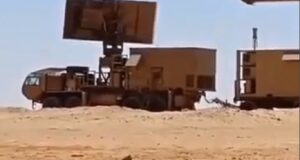
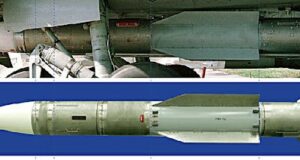
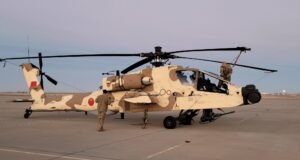


















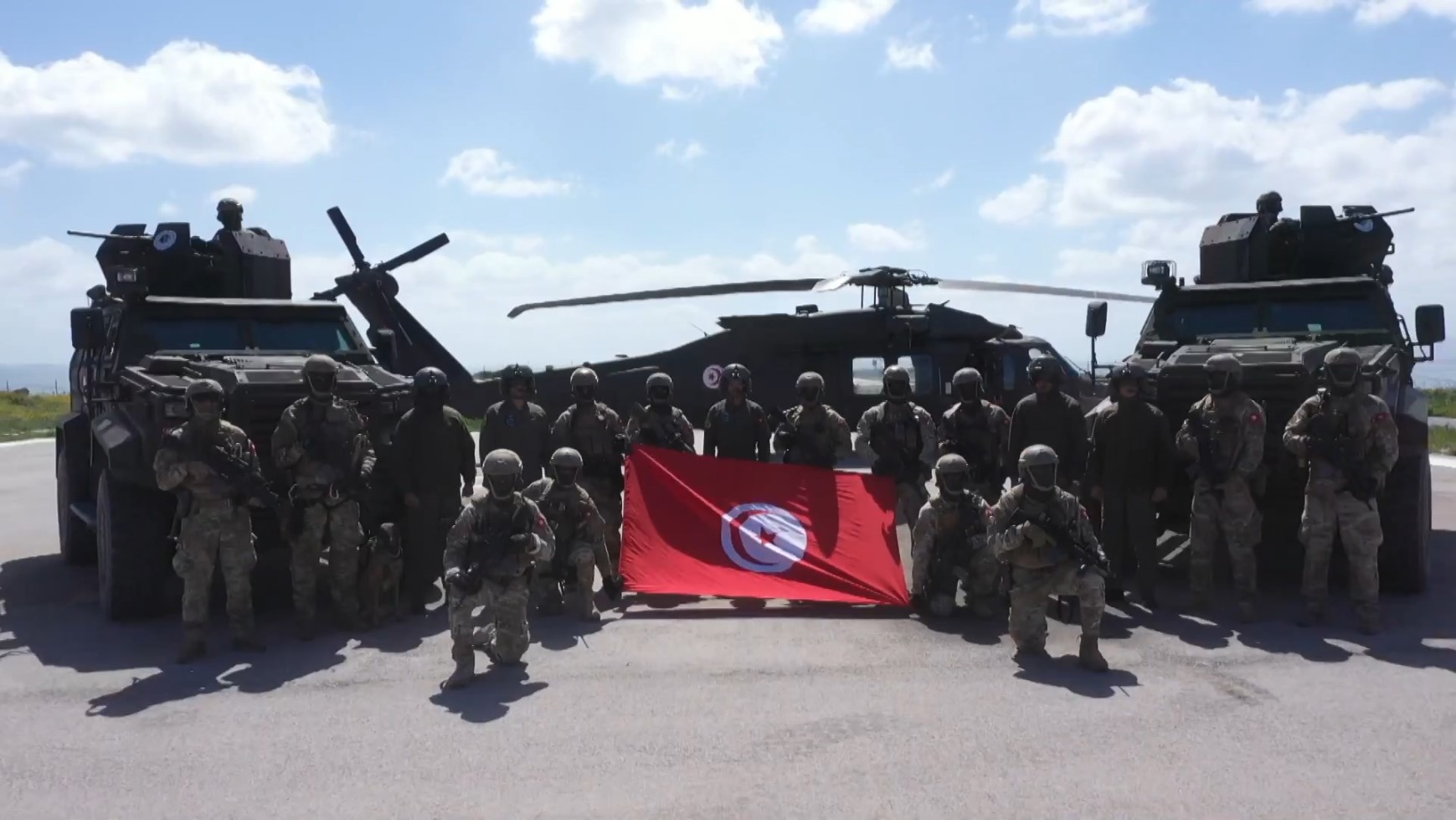

Commentaires Recents